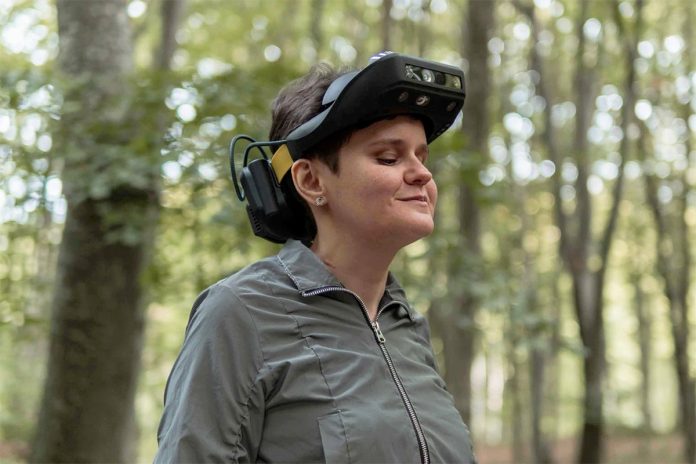Despite significant technological advancements, mobility options for the blind and visually impaired remain limited to the traditional white cane and guide dogs. The white cane provides a basic form of navigation, while guide dogs offer more dynamic assistance but come with considerable costs and logistical challenges. Training and maintaining a guide dog can cost between $30,000 to $60,000, and with only 28,000 guide dogs available globally, there is a significant shortfall in support for the 40 million blind individuals worldwide.
Enter .lumen, a Bucharest-based startup seeking to revolutionize mobility solutions for the blind through their AI-powered glasses. The .lumen glasses are designed to offer the benefits of a guide dog in a scalable and more accessible format. This innovative device aims to bridge the gap for the 39,980,000 blind individuals who currently lack sufficient mobility assistance.
Leveraging advanced technologies
.lumen glasses incorporate state-of-the-art robotics and autonomous driving technologies into a wearable headset, functioning similarly to a VR device. Utilizing visual sensors and an advanced AI model, these glasses detect obstacles and provide guidance to the wearer through an intuitive haptic and auditory feedback system. This system enables the glasses to guide the user’s head, as opposed to the hand guidance provided by a guide dog, offering a more natural and seamless navigation experience.
The glasses are designed to recognize obstacles both above and below ground level, computing safe walking paths 100 times per second. This rapid processing capability ensures that users can avoid potential hazards such as roads, puddles, and mud, thereby enhancing their mobility and safety.
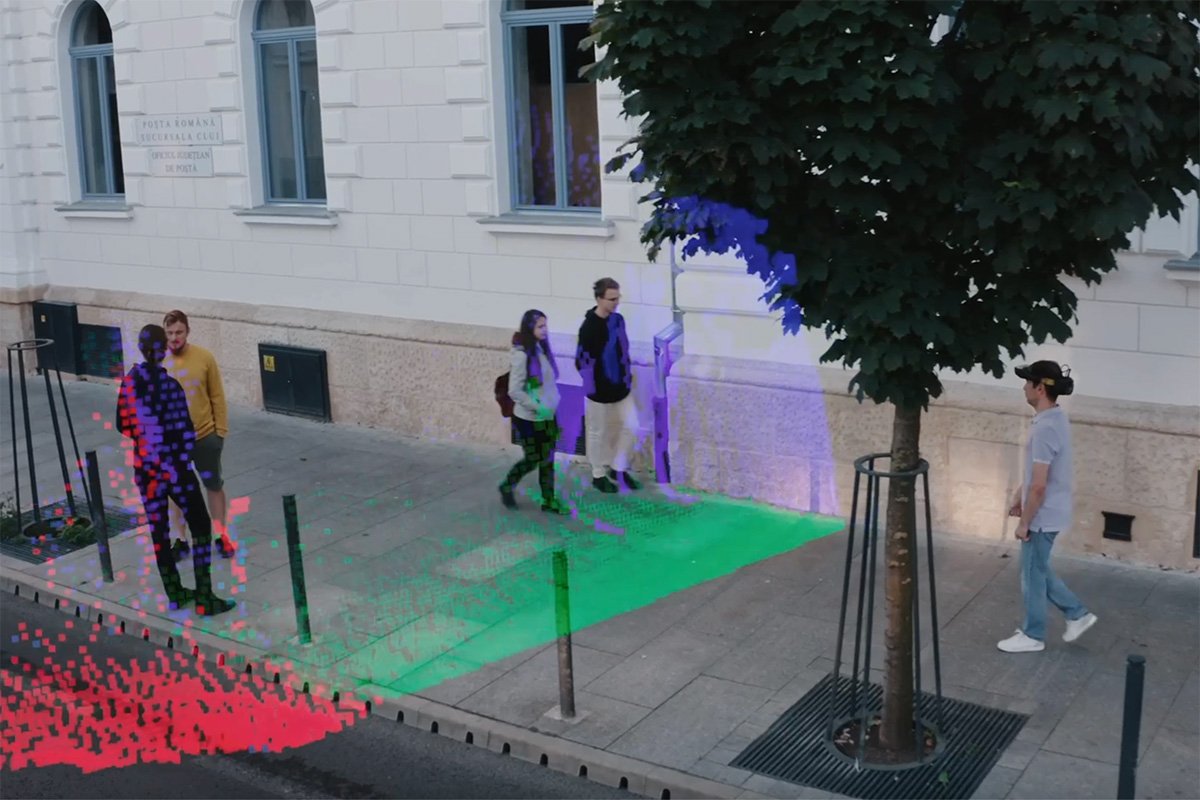
Real-world testing and future plans
To date, .lumen has tested its glasses with over 300 blind individuals from nearly 30 countries, gathering valuable feedback to refine and improve the product. The startup has ambitious plans to roll out a limited run of the headsets by the end of 2024, with a goal to enter the US market by the end of 2025. By the end of 2026, .lumen aims to sell 10,000 units, significantly expanding its impact on the blind community.
The .lumen technology is not just limited to mobility assistance for the blind. The startup envisions potential applications in fields such as delivery robotics and military operations, indicating the versatile nature of their AI-powered glasses.
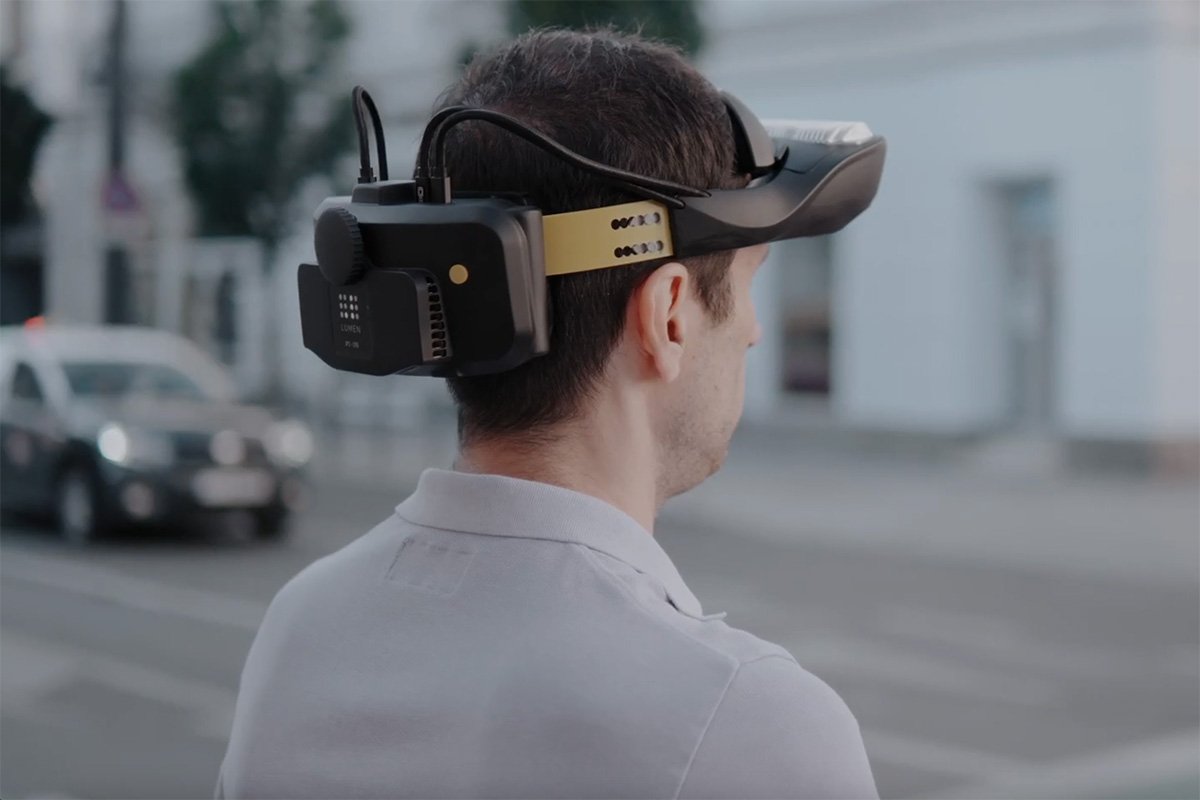
Funding and vision
.lumen recently secured €4 million in funding from Slovakia’s Venture to Future, a venture capital firm, and the European Innovation Council. This investment will support the startup’s mission to provide enhanced mobility solutions and continue their innovative work in AI and wearable technology.
Cornel Amariei, the founder and CEO of .lumen, was inspired by his experiences growing up in a family with disabilities. He witnessed firsthand how transformative technology can be and recognized the need for more advanced solutions to assist the blind. “I founded .lumen to help people, and on the way, I found that we can do so much more,” says Amariei.
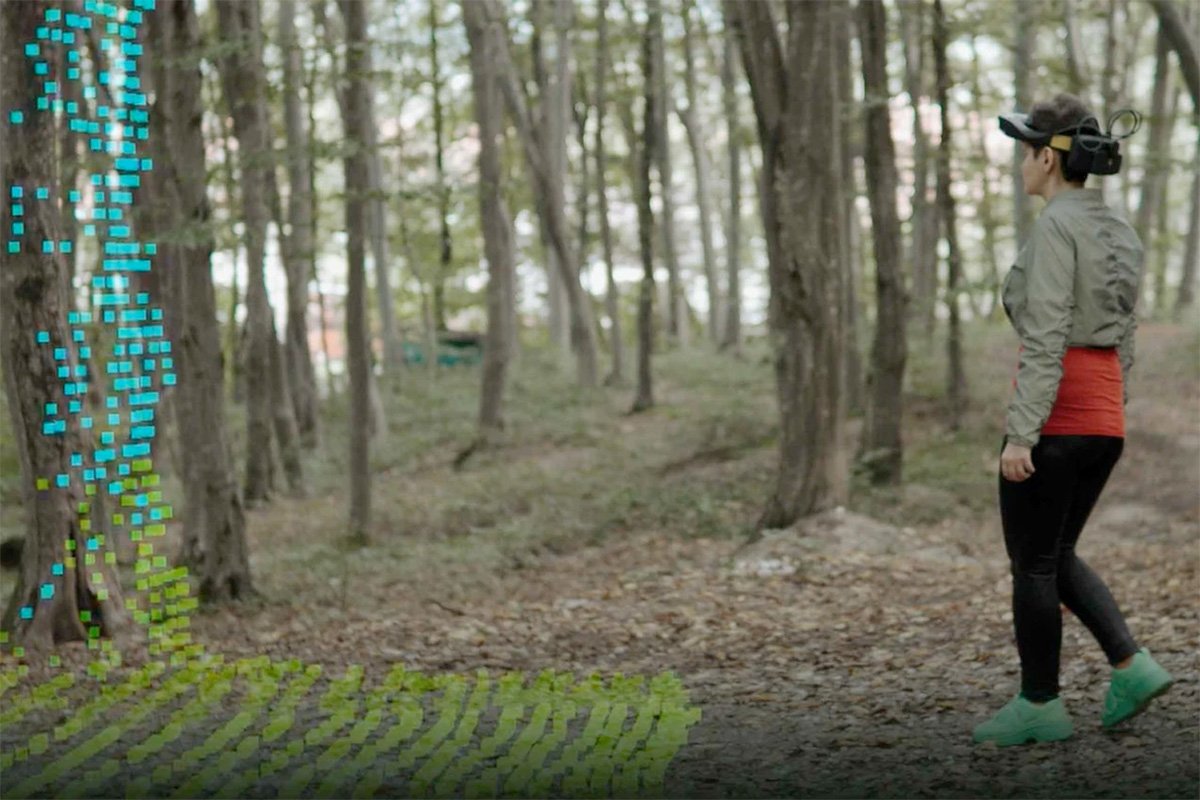
Usability and compatibility
Designed to be compatible with 80% of adult heads, the .lumen glasses have undergone thousands of hours of testing to ensure comfort and functionality. The device is continually improved through software updates, allowing it to adapt and provide better assistance over time. This adaptability extends to various activities such as reading, shopping, and hiking, thereby enhancing the overall quality of life for users.
Conclusion
The .lumen glasses represent a significant advancement in mobility solutions for the blind, offering a scalable and technologically sophisticated alternative to guide dogs. With ongoing development and support from investors, .lumen is poised to make a substantial impact on the lives of millions of blind individuals worldwide, providing them with greater independence and mobility. The startup’s innovative approach and commitment to improving accessibility underscore the potential for technology to transform the lives of those with visual impairments.
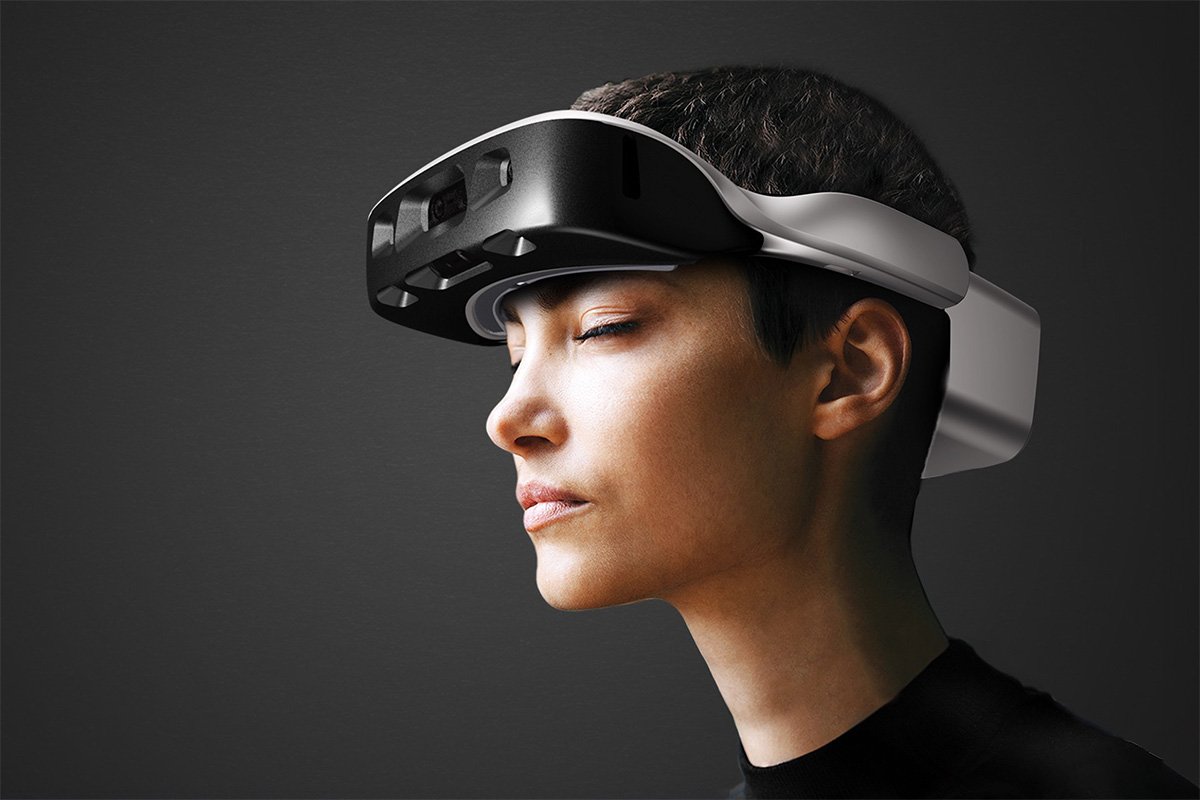
Source: .lumen

